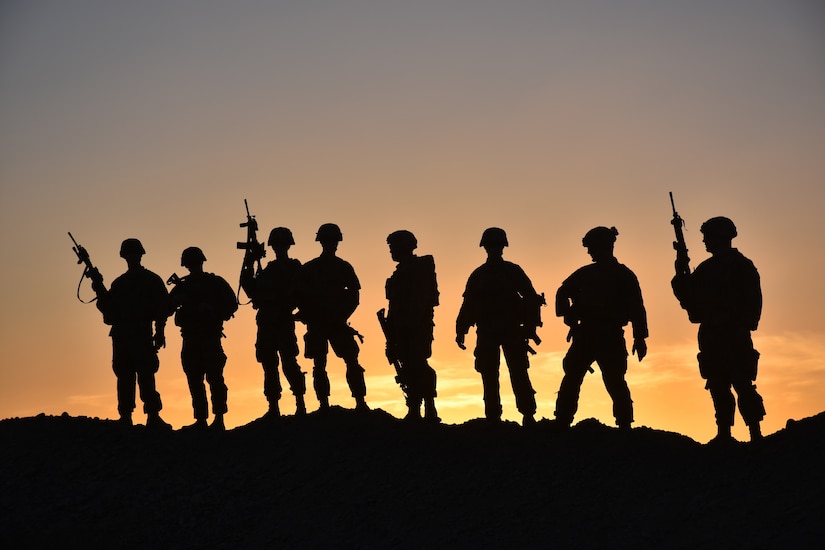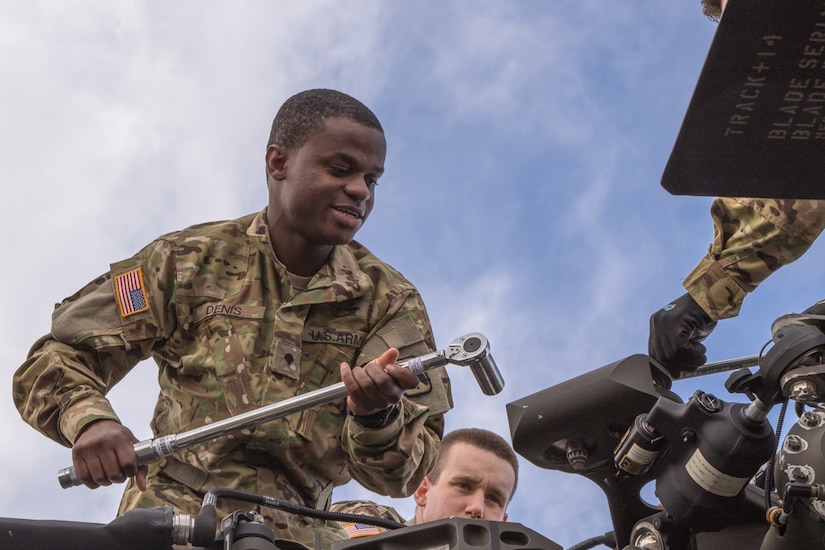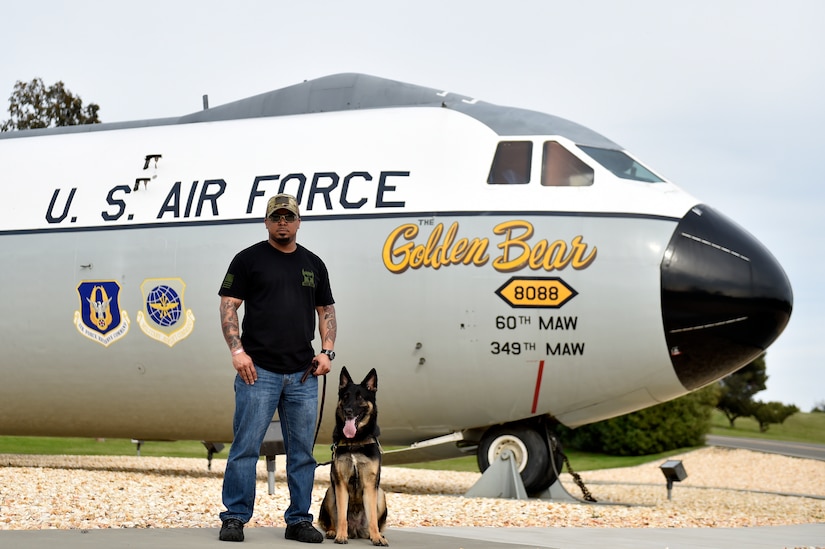WASHINGTON -- Army and Marine Corps officials stressed to
lawmakers yesterday the urgency in modernizing ground forces amid an
increasingly challenging security environment.
Soldiers from Task Force Stalwart, composed of soldiers from
1st Battalion, 41st Infantry
"We are at an inflection point, and we can no longer
afford to choose between near-term readiness and modernization,” Lt. Gen. John
M. Murray, the Army’s deputy chief of staff for programs, told the House Armed
Services Committee’s tactical air and land forces subcommittee.
The development of new capabilities has been slowed,
deferred, and in some cases halted due to the Army’s focus on the demands of
ongoing campaigns, combined with constrained resources and an industrial age
organizational model, Murray said.
“Meanwhile, our adversaries have or are quickly attaining a
competitive advantage," he said.
Murray appeared before the panel with Army Lt. Gen. Paul A.
Ostrowski, military deputy to the assistant secretary of the Army for
acquisition, logistics and technology; and Marine Corps Lt. Gen. Robert S.
Walsh, deputy commandant for combat development and integration and commanding
general, Marine Corps Combat Development Command; and Marine Corps Brig. Gen.
Joseph Shrader, commander of the Marine Corps Systems Command.
Investments to Restore Military
The Army and Marine Corps leaders welcomed lawmakers’
support for defense spending, saying the president’s fiscal year 2018 budget
and the fiscal year 2019 budget request seek to restore the military after
years of decline.
The investments, they said, support the National Defense
Strategy and aim to build a more lethal and agile force.
“The surest way to prevent war is to be prepared to win one
under the most difficult of circumstances,” the Marine generals said in their
written statement, adding that this requires “new operational concepts, an
aggressive approach to force development and a consistent, multiyear investment
to restore warfighting readiness.”
Modernization Focus
The Army, Murray said, plans in fiscal year 2019 to
selectively upgrade equipment that is critical to near-term readiness and focus
on areas crucial to combat. Those areas, he told the panel, include long-range
precision fires, next generation combat vehicle, future vertical lift, the
network, air missile defense and soldier lethality.
For the last several decades, the Army possessed overmatch
based on its qualitative edge in capabilities, Murray and Ostrowski said in
their written statement.
“It enabled our Army to defeat enemy formations, underpinned
credible deterrence, and served as a critical pillar of joint force
capabilities in all domains – air, land, maritime, space, cyberspace, and the
electromagnetic spectrum,” they said.
“Now, a combination of strategic, technological,
institutional and budgetary trends places at risk the Army’s competitive edge
over near-peer adversaries in the next fight,” they warned.
Walsh outlined priorities for the Marine Corps for fiscal
year 2019 as information warfare, long-range precision fires, air defense
command and control in a degraded environment, protecting mobility and enhanced
maneuver, and supporting the defense secretary’s priorities to increase
lethality, resilience, agility and build a flexible and dynamic force.
“The Marine Corps’ ground programs modernization strategy
will ensure the individual Marine enjoys a qualitative military edge over any
adversary,” Walsh and Shrader said in their written statement, adding that the
goal is to adequately equip the Marine to ensure “combat formations capable of
closing with and destroying the enemy.”










